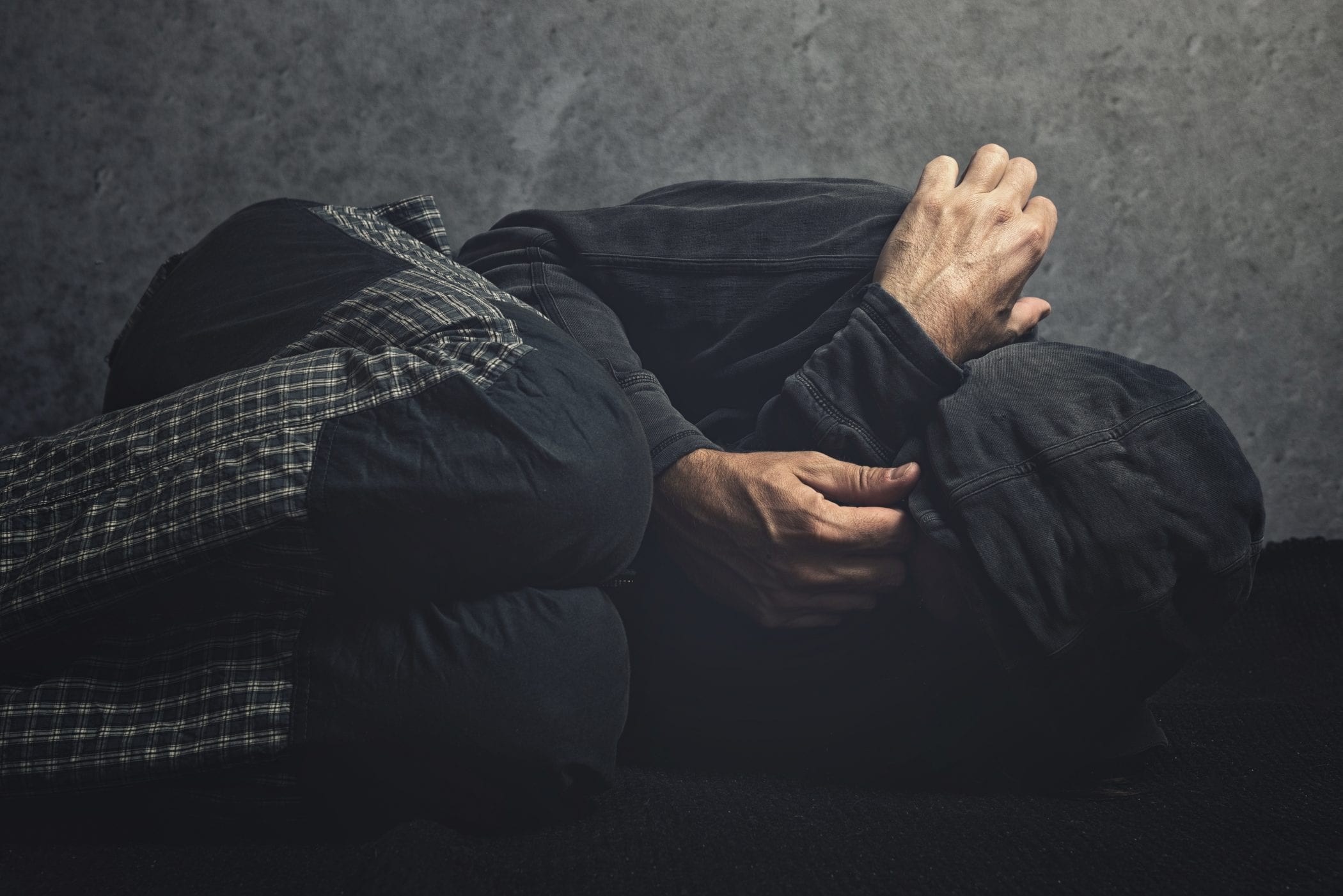
For men and women struggling from addiction, the hard work is in the detox and recovery process. Yet, even as you get back into life, you’ll need to monitor your health, thoughts, and activities to be sure you are not putting yourself at risk for relapse. There’s no cure for addiction, but with consistent help and routine treatment, you can overcome this condition and get back to living a lifestyle you love. One way to do that is to understand triggers and how to spot warning signs for them.
At America’s Rehab Campuses, we can help you get on the right track from the start. Learn more about our medical detox programs or other drug treatment programs to help you to get to this point. If you’re thinking about using, don’t wait. Call us right away.
What Are Addiction Triggers?
As noted by the National Institute on Drug Abuse, addiction treatment is effective, significantly helping to reduce the risk of relapse and helping people to get back to a healthy lifestyle. Yet, to get there, most people need treatment in a professional setting. One thing you will learn there is that behaviors, locations, thoughts, and other things can be triggers for you.
A trigger is something that brings back thoughts or good feelings about drug use. In recovery, it’s important to recognize and focus on the negative outcomes that these types of thoughts can bring. If you start to reminisce about times when you were using, that may reactivate the part of your brain that wants to use drugs. You don’t want that to happen.
Understanding your triggers is a big part of keeping your addictions at bay. During your drug treatment program, you’ll learn how to identify your triggers, spot warning signs of them, and what to do if you need help.
Common Drug Addiction Triggers
Everyone’s triggers are different. For some people, they involve specific people or places. Here are some of the most common triggers to look out for:
- HALT: Hungry, Angry, Lonely, Tired – In any of these situations, you are at a higher risk for relapse. Make it a priority to monitor your feelings to look for these specific areas of concern.
- Stress – Many people feel stress, but for someone with addiction, stress can be problematic if you don’t have proper mechanisms to reduce it.
- Emotions – Strong emotional situations, such as the death of a loved one or feeling guilty, angry, or lonely, can also trigger the onset of drug use.
- Feeling overconfident – In treatment, you’ll learn about the dangers of being overconfident in your recovery. You don’t want to put yourself in a place of risk because you think you can handle it.
- Physical Illness – For some people, becoming physically ill can lead to the onset of addiction cravings.
- Mental health disorders – If you are feeling anxiety or depression, or other mental health symptoms develop, that could be a risk factor.
How to Know When You’re at Risk for Triggers?
According to the National Institute on Drug Abuse relapse rates for people with substance use disorders are about 40 to 60%. Considering this, you’ll want to do whatever you can to minimize those risks. Here are some tips to help you with the warning signs:
- Feeling agitated and uneasy could be an indication of a trigger
- Feeling stressed all of the time without any way to reduce that feeling can be a warning
- Mood swings and a drop in energy levels could also indicate a trigger
- Thinking about past drug use in a positive manner or thinking about the good times you had when using
- Social isolating yourself or not meeting commitments may also be an indication that something isn’t right
What do you do when you’re at risk for relapse? Your first step is always to get help. Even if you haven’t engaged in these types of thoughts or behaviors, if you’re thinking about drug use, getting help now is critical.
You’ve worked hard to reach this point in your recovery journey. You don’t want to stop now. Let America’s Rehab Campuses offer you the help and guidance you need to ensure your long-term health and recovery from addiction.

